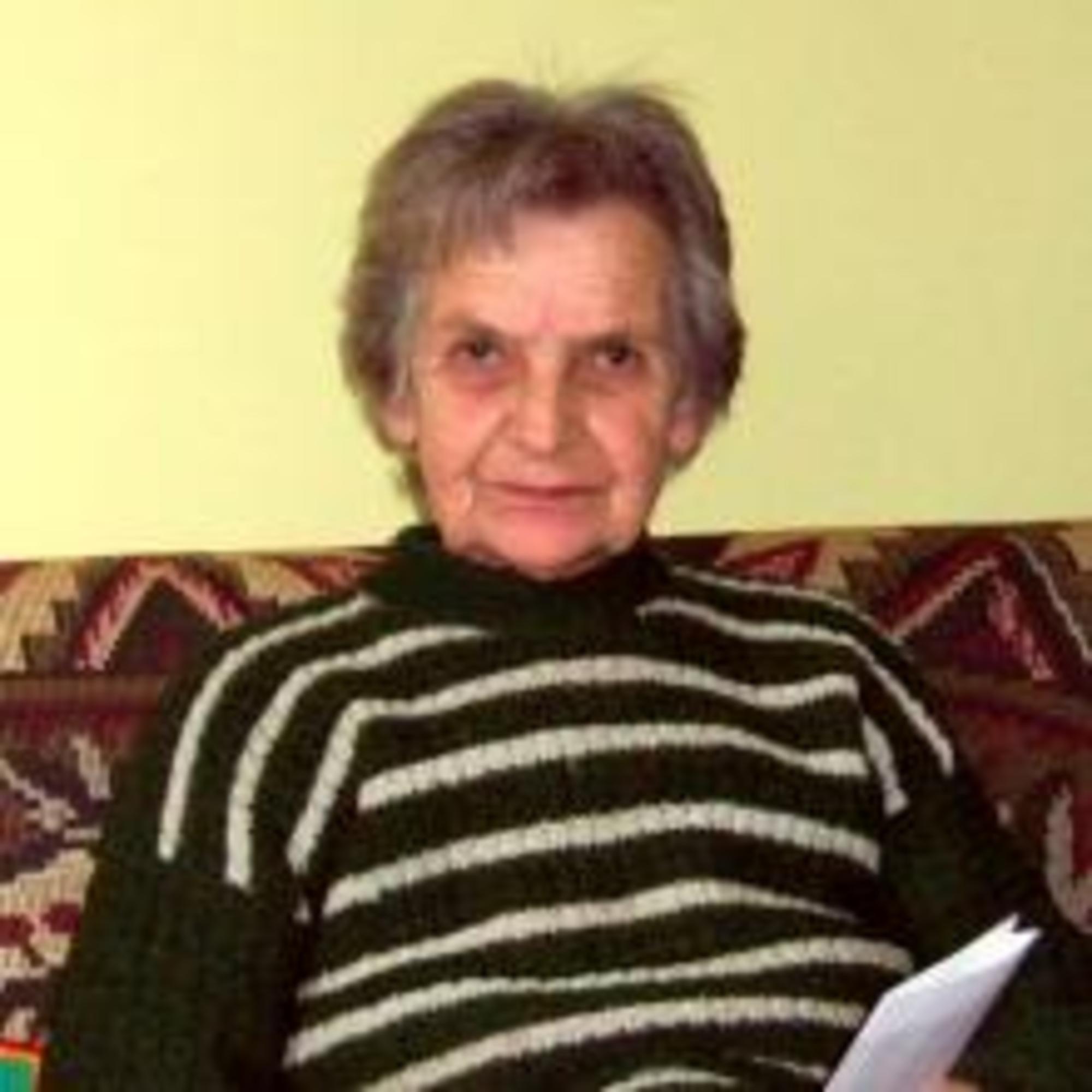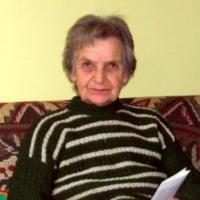"We were given extra meals at school. Even though I took bread from home but I liked bread and margarine at school better, because we were getting it from America, they called it UNRRA, they were helping. Milk powder and then cooking fat made from copra, there was margarine in 10-kilo boxes. There was one lady who baked bread, very tasty; it was certainly better than the one my mummy baked, because we could even eat it when it was dry, and she also cooked soups. In the morning we were given a mug of chicory coffee with milk and a loaf of bread with that cooking fat, it was cooking fat made from copra, such margarine. And I had a sandwich in my bag, also buttered baked bread, and there was ham or sausage or cucumber, tomato, whatever. But I didn’t like it as much as I did that at school. And I ate it! Every one of us had to have a half-a-litre mug and you would come up to that lady, she was cooking there, there was such a small room, such a kitchenette, and she was cooking there, and she would ladle out soup, barley soup usually, grits, because the school was given groats. She was such a good cook that we ate it with pleasure, even the poor eaters ate it. Children were given such extra meals for a long time. Later they stopped giving the soup, and the bread, but we were given coffee almost to the classroom. Three pupils from the class made it. The teacher would always take better school kids, the stronger ones, they lit the fire for that pot, boiled the water, and put coffee into it. Then, at the lunch break, the monitor would pour that coffee. And we drank it, but bread was ours, everybody had one’s own bread. It was great, we would go out, the school was in the village; that building over there was burnt later on, the other one was destroyed, so those bricks, that rubble, stones, we would sit there like some little frogs and everybody was eating, God! You would wash your mug under the pump and it was good."

